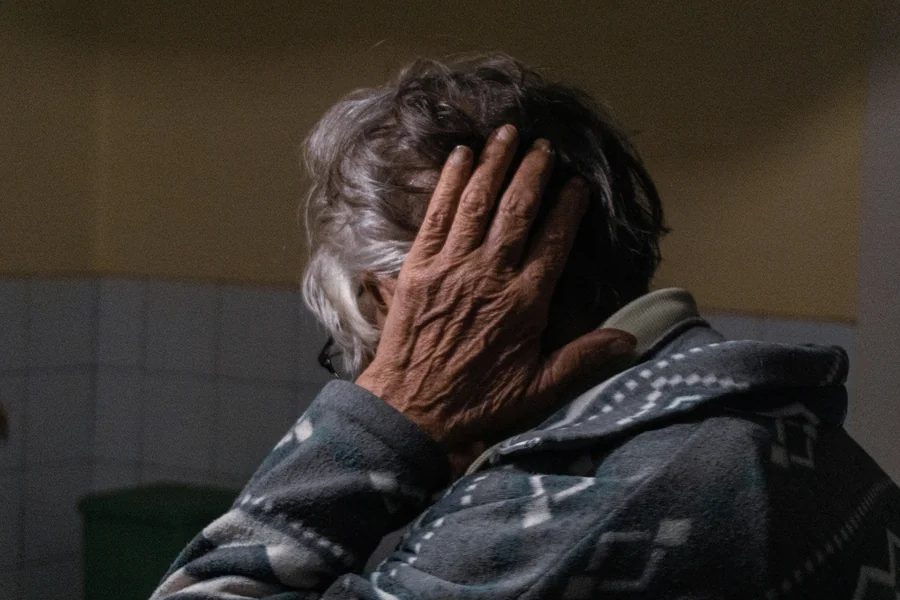When families suspect a loved one is being mistreated in a nursing home or by a caregiver, the first step is often to tell their story. Elder abuse attorneys begin by listening closely, not only to gather facts but also to understand the emotions and concerns behind them. This initial conversation helps identify whether the issue points to neglect, financial exploitation, or physical abuse.
By listening carefully, attorneys can begin mapping out what type of evidence will be most important. Sometimes, it’s medical records that show unexplained injuries. Other times, it’s testimony from staff or family members who have witnessed troubling behavior. No matter the case, this first stage lays the groundwork for building trust and clarity before diving into legal action.
Collecting Medical Documentation
Medical records are often at the heart of elder abuse cases. Doctors’ notes, hospital discharge papers, and medication logs can provide a timeline of care—or lack of it. Attorneys review these records to spot patterns, such as repeated falls, sudden weight loss, or injuries that don’t match the explanations given by staff.
In addition to written documentation, attorneys may consult medical experts. These professionals can translate complex charts into plain language, helping juries or judges understand how neglect or abuse led to real harm. With medical support, attorneys can connect the dots between a facility’s actions and a resident’s declining health, turning suspicion into solid evidence.
Interviewing Witnesses and Staff
Another key piece of evidence comes from people who interact daily with the elderly person. Attorneys often interview fellow residents, staff members, and even family visitors who might have noticed warning signs. While some staff may hesitate to speak out, others provide valuable insight into the routines and standards of care inside a facility.
Witnesses can bring to light overlooked details, like how long residents wait for assistance, whether hygiene needs are met, or if staff members treat patients with respect. These stories, combined with physical documentation, give a fuller picture of what life inside the nursing home is really like.
Preserving Physical and Digital Evidence
Elder abuse cases don’t rely only on words and paperwork. Attorneys also look for physical and digital evidence that supports a claim. This might include photographs of injuries, security camera footage, or facility logs showing staff schedules and incident reports. Each piece adds another layer of truth that can’t easily be dismissed.
In today’s world, digital evidence is especially powerful. Emails, text messages, or even social media posts can show how a facility communicates—or fails to communicate—with families. By preserving and organizing this material, attorneys ensure that important details aren’t lost or altered before a case goes to court.
Working With Specialists to Strengthen the Case
To make evidence even stronger, elder abuse attorneys often bring in outside specialists. Forensic accountants may uncover financial exploitation, while nursing experts can testify about industry standards that were ignored. These voices provide credibility, turning raw information into compelling testimony.
Attorneys also use timelines and clear explanations to weave all this evidence together. Instead of overwhelming a jury with scattered details, they build a narrative that shows step by step how neglect or abuse occurred. This structured approach makes the case not only stronger but also easier for decision-makers to understand and act on.
The Power of Thorough Preparation
Building a strong elder abuse case is never about one single piece of evidence. It’s about gathering details from many sources—medical records, witnesses, physical proof, and expert opinions—and weaving them into a story that reveals the truth. Attorneys do this work not just to win cases but to give families a voice and hold negligent parties accountable.
For families facing these painful situations, seeking help from professionals like Williams Newman Williams can make all the difference. With careful preparation and a compassionate approach, elder abuse attorneys provide more than legal expertise—they offer a path to justice, closure, and safer care for loved ones.

